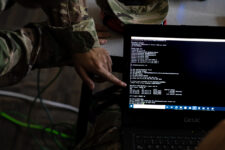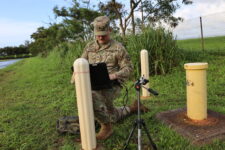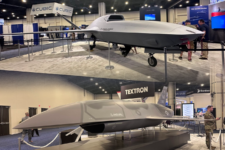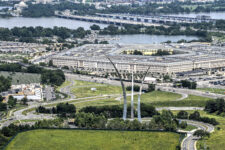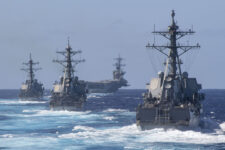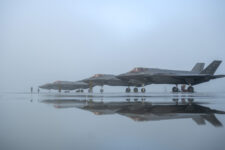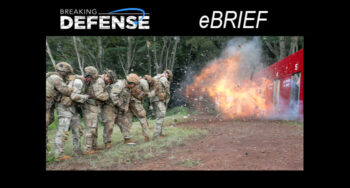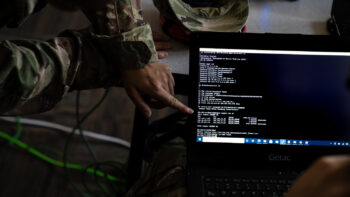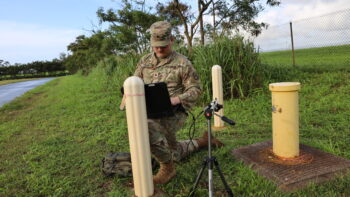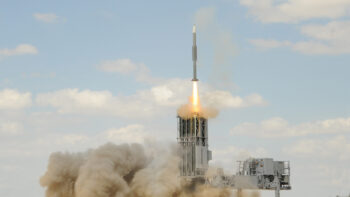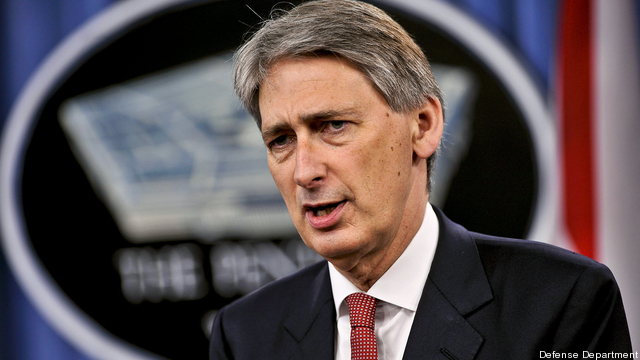
WASHINGTON: Great Britain’s new defense minister delivered a surprising rebuff to his fellow European defense leaders: Stop complaining about being abandoned as the US shifts its focus to the Asia-Pacific region and prepare to “do much more of the heavy lifting” on security in your own backyard.
Secretary of State for Defense Phillip Hammond issued that challenge to the other members of the NATO alliance in a speech Wednesday at the Willard Hotel. After describing the steps the new British government is doing to reform its armed forces in response to a deep financial crisis, Hammond stressed the importance of the new “smart defense” concept supposedly embraced by the allies at their recent summit in Chicago.
That policy will require more cooperation and collaboration in defense policies, particularly in weapons procurement to avoid unaffordable duplication, he said. Despite the deep and outright “painful” cuts in its armed forces, Hammond insisted the UK military will remain a strong, agile force and a capable partner to the US. (One key and costly part of that capability: The UK’s continued commitment to the F-35 Joint Strike Fighter, with Hammond formally taking delivery of the first F-35 today).
But in addition to calling on the other alliance members to join in the smart defense effort, Hammond defended the new America strategy that calls for a refocusing of its military from Europe and the Middle East to the Asia-Pacific. And — unlike US defense officials, who tend to skirt around the reality of the issue — the British defense leader acknowledged explicitly that the shift was a response to the increasing military strength and aggressiveness of China.
Part of the future security environment, Hammond said, is recognition that “the rising strategic importance of the Asia-Pacific region requires all countries, but particularly the United States, to reflect in their strategic posture the emergence of China as a global power.”
“Far from being concerned about the tilt to Asia-Pacific, the European NATO powers should welcome the fact that the US is willing to engage in this new strategic challenge on behalf of the alliance,” he said.
This was an obvious reaction to the chorus of complaints from the major European allies about the reduction in US forces and national security focus associated with the new strategic guidance President Barack Obama announced early this year.
Instead of worrying about the cutbacks to US military power in the region, which many NATO countries apparently had been counting on to offset their own deep defense reductions, Hammond said the allies must recognize that “as a result, European nations, including the UK, will need to do much more of the heavy lifting in the security of their own region,” including both Europe itself and the Middle East, Northern Africa, and the Horn of Africa, which he called “the near abroad.”
“This is not the end of Atlanticism, but the beginning of a new, more balanced relationship in the alliance,” Hammond said.
While the US-UK ties will always be Britain’s priority, Hammond said, “to support your rebalancing [to Asia], we will seek to work more closely with our neighbors in Europe, particularly France and Germany, to enhance capabilities in our own region.”
The new strategic balance, he said, means “Europe doing more in its own backyard as the US tilts to Asia-Pacific.”
Space Force celebrates 5th anniversary at growing Spacepower Conference
Our latest eBook offers updates on the Space Force and SPACECOM, showcasing the latest tech, and the challenges of modern space operations.

